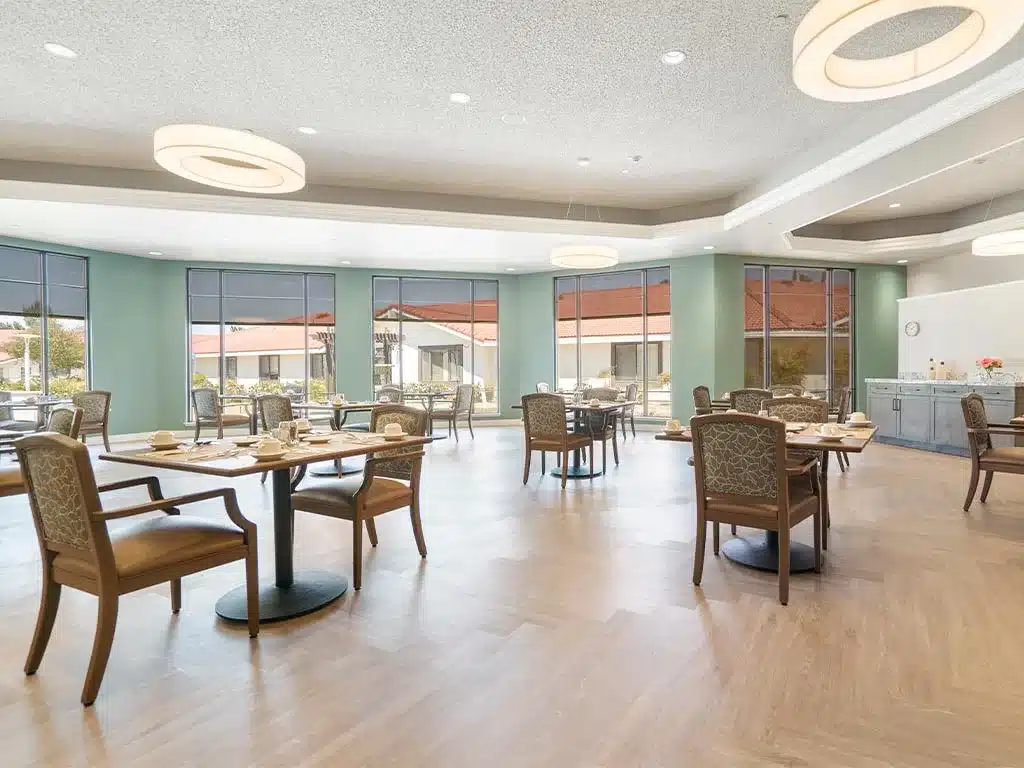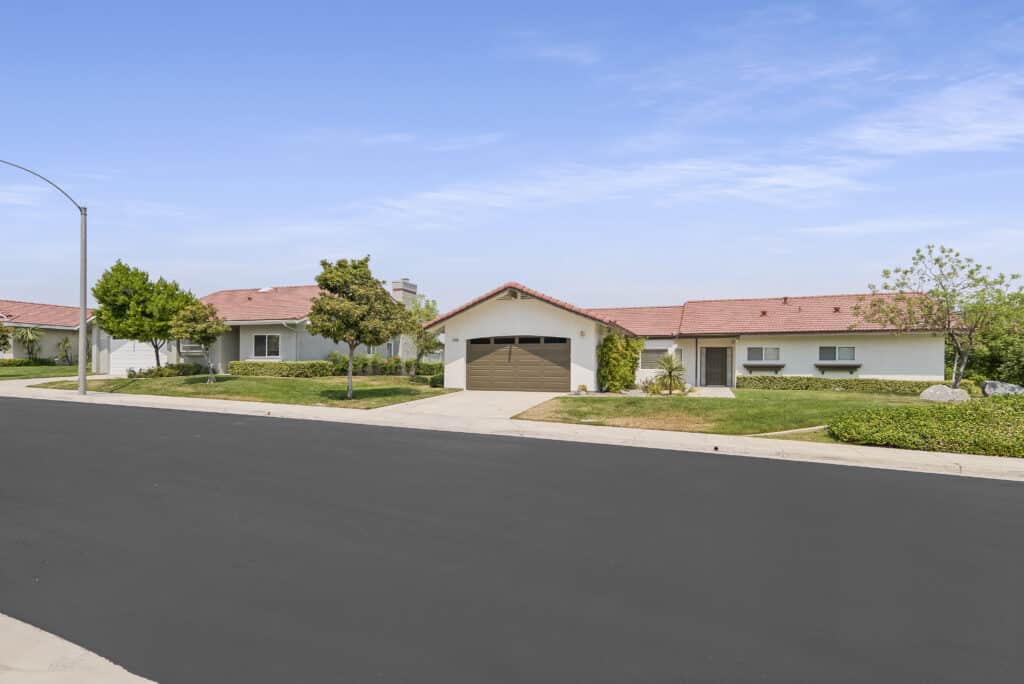Riverside Memory Care: A Family Guide to Quality Support
Memory loss can be a life-altering challenge for individuals and their families. Whether it stems from Alzheimer’s, dementia, or another cognitive disorder, finding the right care environment is critical. This is where Riverside Memory Care becomes invaluable. At Westmont of Riverside, memory care goes beyond traditional assistance by creating a tailored approach grounded in compassion, expertise, and community support.
Families navigating this difficult journey often feel overwhelmed by questions and uncertainty. With a focus on personalization, Westmont of Riverside offers tools and guidance to not only help patients live more comfortably but also empower families to become active participants in their loved ones’ care. The integration of comprehensive care and emotional support makes this community a cornerstone for effective memory care services.
Understanding Memory Disorders and Their Impact
Conditions such as Alzheimer’s and other forms of dementia disrupt more than memory. They interfere with everyday functioning, emotional well-being, and relationships. Early symptoms may include difficulty with language, misplacing items, or disorientation—issues that escalate over time without proper intervention.
The importance of early diagnosis and proactive care cannot be overstated. At Westmont of Riverside, staff use specialized tools to assess cognitive health and provide appropriate support. A compassionate understanding of how memory disorders affect both individuals and families sets the foundation for effective care planning.
The Collaborative Care Approach at Riverside
Team-Based Treatment Strategy
At Westmont of Riverside, a collaborative, team-based treatment model brings together experts from neurology, primary care, and geriatric medicine. Each resident’s care plan is uniquely tailored to their cognitive and physical needs. Open communication among these specialists ensures no aspect of care is overlooked, and families are kept in the loop every step of the way.
By building a care team that understands the nuances of memory loss, Riverside maximizes the effectiveness of treatment strategies. The goal is to manage symptoms and improve quality of life through a multi-disciplinary approach. This model aligns with broader practices seen in Riverside senior living communities that emphasize collaboration.
Personalized Patient Care
Residents benefit from personalized evaluations and care plans that reflect their needs, preferences, and life stories. Riverside believes that memory care must respect dignity and promote independence whenever possible. Services include:
- Thorough health evaluations
- Customized care goals
- Constant family engagement
Westmont of Riverside also places a strong emphasis on encouraging independence, enabling residents to take part in daily routines that match their abilities and interests.

Comprehensive Services Offered for Patients and Families
Riverside’s care model extends to every family member. Beyond standard caregiving, services include caregiver education, emotional support programs, and regular progress updates. These services form the backbone of memory care services that cater to the complexity of cognitive disorders.
Westmont of Riverside also collaborates with Riverside Adult Day Care programs, offering flexible support for those not ready for full-time care. This integration helps families bridge the gap between early-stage dementia and long-term memory care.
Residents and families receive:
- Mental and physical assessments
- Supportive caregiver workshops
- Community resource navigation
More on the different types of memory care can be found in this guide.
Innovative Memory Care Practices
Innovation is key to success in treating memory disorders. Westmont of Riverside implements forward-thinking techniques to enhance cognitive functioning, including:
- Custom Memory Profiles: Built with family input to create effective engagement routines.
- Cognitive Stimulation Therapy: Uses activities like music and storytelling to reinforce memory.
- Environmental Enhancements: Designs that promote calmness and reduce anxiety.
These features are complemented by professional staff trained in the latest dementia care practices, setting a high standard in Riverside memory care.
The Importance of Community and Support
Building Strong Connections
Community is central to the Riverside philosophy. Social isolation can worsen symptoms of memory loss, so efforts to build strong resident networks are prioritized. From group outings to communal meals and art therapy sessions, socialization becomes part of the healing process.
Joining a supportive environment benefits residents and eases the emotional burden on caregivers. Peer interactions offer shared experiences, while trained staff provide a structured and nurturing space. This mirrors initiatives commonly seen in broader Riverside senior living communities.
Enhancing Emotional Well-being
Mental health is closely linked to memory retention. A robust support system that includes peer groups, family counseling, and compassionate staff helps to reinforce emotional stability. Regular engagement in recreational activities such as gardening, music, and puzzles allows residents to find joy, even in the face of cognitive challenges.
This comprehensive community-based model is inspired by some of the best practices in memory care, like those discussed by the Alzheimer’s Association.
Getting Started With Riverside Memory Care Services
Beginning the journey into memory care can feel daunting. Westmont of Riverside makes it manageable with a clear, supportive process:
- Referral & Evaluation: Start with a referral to the Memory and Alzheimer’s Treatment Center.
- Schedule a Consultation: Call Riverside Neurology Specialists at 757-637-7500.
- Use MyChart: Access online scheduling, medical history, and test results.
By simplifying the onboarding process, Riverside ensures families can quickly access the right level of care.
Guiding Light: Choosing Riverside Memory Care With Confidence
Choosing Riverside Memory Care is more than a health decision—it’s a commitment to dignity, quality, and compassionate support. With a foundation built on personalized care, innovative practices, and a strong sense of community, Westmont of Riverside offers a comprehensive solution to the complex needs of memory loss.
From Riverside Adult Day Care to long-term residency, Westmont provides flexible care options at every stage. Their blend of empathy, experience, and clinical excellence positions them as a leader in memory care services and Riverside senior living.
To take the next step or schedule a tour, call 951-697-2100 or visit Schedule a tour.
Discover the level of care you or your family member requires. What Level of Care Do You Need?
Frequently Asked Questions
Will Medicare pay for memory care?
Medicare does not typically cover the cost of long-term memory care, including room and board in a memory care facility. However, it may pay for some related services like doctor visits, hospital stays, and certain medications. Medicare Advantage plans might offer limited additional benefits. Families often need to consider Medicaid, long-term care insurance, or private pay options for complete coverage.
What is the average cost of a memory care unit?
The average cost of a memory care unit in the U.S. typically ranges from $4,000 to $7,000 per month, depending on location, services, and facility amenities. Due to the specialized care provided, memory care is generally 20-30% more expensive than standard assisted living. Urban areas and luxury communities tend to cost more. It’s crucial to compare several facilities and ask about what’s included in the base rate.
What is the average life expectancy in memory care facilities?
The average life expectancy of individuals in memory care facilities can range from 2 to 10 years, depending mainly on the type and stage of dementia at the time of admission. Other factors such as age, general health, and quality of care also influence longevity. Early intervention and proper care can contribute to longer, more comfortable lives. Every person’s experience with memory care is unique.
Does California Medicaid pay for memory care?
Yes, California Medicaid—Medi-Cal—can help pay for memory care, but it doesn’t cover everything. Through programs like Assisted Living Waiver (ALW), qualified individuals may receive support for care services in approved memory care communities. However, not all facilities accept Medi-Cal, and there may be waiting lists. Eligibility requirements and availability vary by county.








